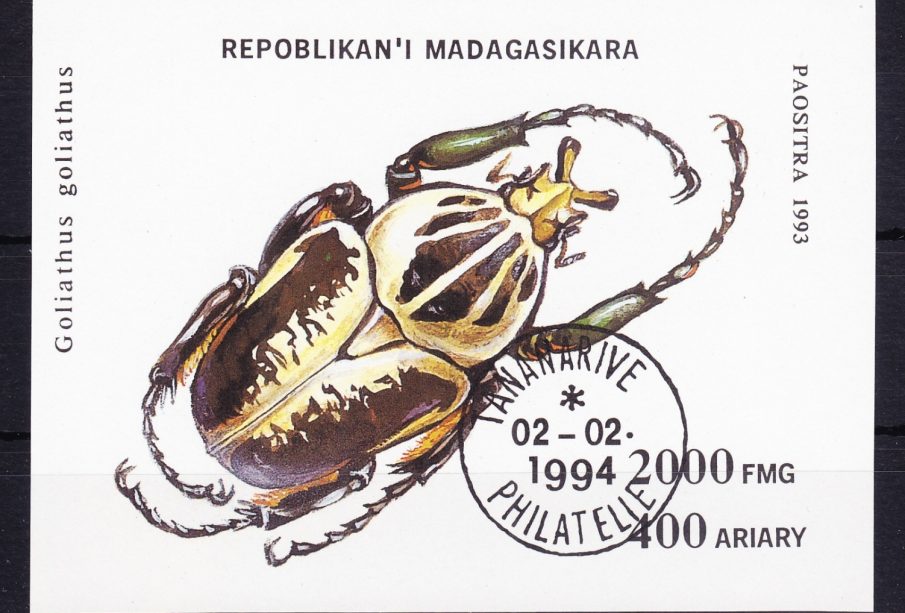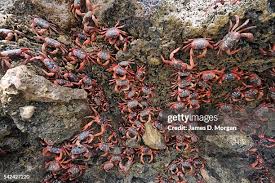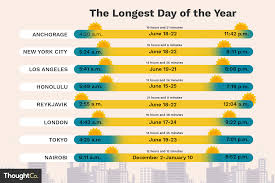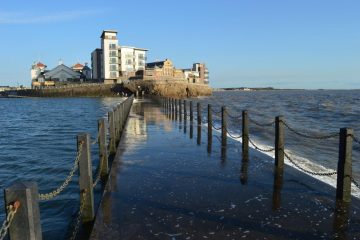Madagascar: A Unique Ecosystem and Cultural Heritage

Introduction
Madagascar, the fourth largest island in the world, is renowned for its unique biodiversity and rich cultural heritage. Approximately 90% of the wildlife is found nowhere else on Earth, making it a critical focus for conservation. Recent events have highlighted both the wonders and challenges faced by this remarkable island.
The Diversity of Madagascar
The island is home to extraordinary flora and fauna, including the famous lemurs, which are beloved by wildlife enthusiasts. Madagascar’s ecosystems range from rainforests to dry deserts, providing habitats for countless species. With over 14,000 plant species, many endemic to the island, Madagascar is often referred to as the ‘eighth continent.’
Current Events and Conservation Challenges
In recent months, Madagascar has faced increased environmental challenges, particularly deforestation and biodiversity loss. Illegal logging and slash-and-burn agriculture have severely threatened Madagascar’s rainforests. According to the World Wildlife Fund, more than 1 million hectares of forest are lost annually. Local and international organisations are working tirelessly to combat these issues, implementing sustainable practices and conservation efforts.
In 2023, the government of Madagascar announced a new initiative aimed at preserving the island’s unique ecosystems. This initiative involves restoring up to 100,000 hectares of degraded land and enhancing the protection of existing protected areas. The programme also seeks to improve the livelihoods of local communities through eco-tourism, combining conservation with economic opportunity.
Cultural Heritage and Tourism
Madagascar’s culture is as diverse as its biodiversity, influenced by African, Asian, and European elements. The island’s various ethnic groups contribute to a rich tapestry of traditions, music, dance, and cuisine. Tourism is integral to Madagascar’s economy, with travellers drawn to its unique landscapes, wildlife, and vibrant cultures. However, the COVID-19 pandemic significantly impacted the tourism sector, and recovery efforts are underway to reignite interest in this spectacular destination.
Conclusion
Madagascar remains a treasure trove of biodiversity and cultural diversity, but it faces profound challenges that threaten its environmental and social fabric. Ongoing conservation efforts and community engagement are crucial in ensuring the survival of its unique ecosystems and heritage. With sustainable approaches to tourism and conservation, Madagascar has the potential to thrive both ecologically and economically, offering hope for future generations.








